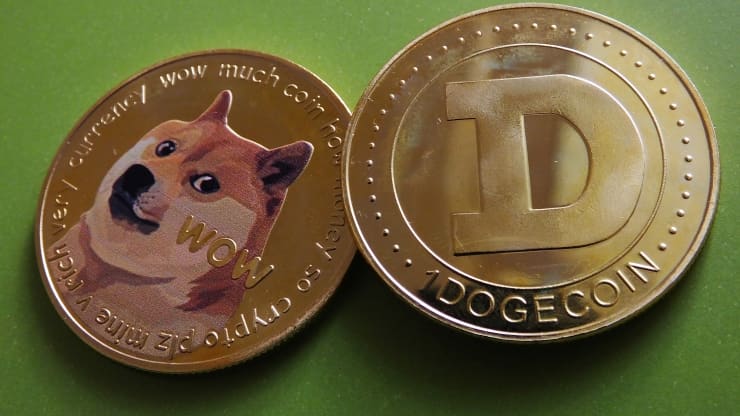By using the blockchain, Royal Bank of Canada (RBC) wants to patent a way to securely streamline credit score processes and address regulatory mandates. According to new records released by the US Patent and Trademark Office, Canada’s biggest lender by market value brings credit scoring to distributed ledger technologies.
The concept laid out in the applications envisions a network of nodes—all of which can share data via a blockchain—are creating and updating blocks “comprising identification data linked to a set of identifiers.”
Determining the creditworthiness of borrowers is a critical component of lending success. In today’s highly competitive lending environment, accuracy is essential, and time is of the essence when assessing counterparty risk. However, this time-consuming process is still too often done by manual, error-prone work that can take days or even weeks.
That said, RBC’s patent, if implemented, represents a groundbreaking answer to an outdated system and brings a level of automation, standardization, and transparency to the process of gathering and analyzing borrower information in order to assign a credit score or grade.
The documents also showed that the concepts filed by RBC propose a network of nodes that can create and update documentary records. The new product employs a vital aspect of blockchain technology, which is its ability to anonymize data. For any change to occur in the network, a majority of the participating nodes must “agree” that the change is valid, making it exceptionally difficult to hack.
The banking giant further explains: “Traditional credit score processes are not transparent. A person’s credit score may be negatively impacted by credit data without the borrower’s knowledge. The data source may not be reliable and the person may not understand what credit data and data source impacted their credit score. People do not understand how their score is generated and do not have the tools to take control of their credit score… There is also no transparency around how the credit score is calculated.”
The system employs blockchain technology to track and validate a user’s identification. The system can also update new information about a user and store and timestamp the additional data as time progresses. Additionally, the credit history application is configured to “generate a notification or alert relating to the credit event to provide the individual organization with notification that a credit event has been received by the system,” the public record notes.
Among the information that can be stored and identified by the system are a plurality of blocks, with each block “comprising identification data linked to a set of identifiers for an individual, transaction data, a timestamp indicating when the block was created, and a hash reference for the distributed ledger; (and) a credit history application”
The technology also allows for an unprecedented degree of Machine Learning— the method of data analysis that automates analytical model building. Specifically, the proposed AI unit provides a “credit marketplace engine configured to generate a listing of loan offers indicating a creditor and loan terms.” It also secures a safe and reliable environment for the efficient interaction between parties through generating “a smart contract with the selected loan terms and record in a new block on the distributed ledger.”
The desired information can reach the intended party with dramatically less risk of vulnerability because the underlying data isn’t itself being revealed. The added benefit is that this also means the system costs less, saving money for all involved. RBC is not alone in its efforts to procure the necessary patent with its blockchain-related operations. The US Patent Office has seen an increase of more than fifty percent in emerging technology patent applications in 2017.
In fact, various financial institutions have long been in the race to secure blockchain-linked patents, including Bank of America and Goldman Sachs. Many applications come from big technology firms, suggesting that major corporations may be making long-term bets on distributed ledger technology.











